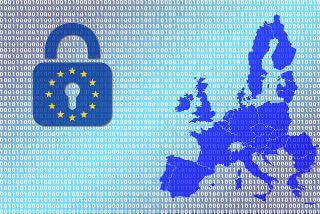
When a country member of the European Union does not have the capability to resolve a particular issue, the EU itself forms a decentralized body and tasks it with the problem at hand. Such agencies have their own legal personalities and are distinct from the official EU institutions. When an EU country member is going through a crisis of a unique nature, an agency is formed in a way which will not only begin creating a solution for the situation but also open and facilitate a political dialogue on an international level.
Where and Who They Are
While an agency is created with one activity in mind, there is no limitation to the field or sector it will operate in. With currently over 40 agencies overseeing a complex bundle of issues all around Europe, some of the issues that are being resolved are in the spheres of safety and health, social issues, scientific studies, drug addiction control, food safety, transport safety, and many others. Every EU agency has its own abbreviation which features the nature of its existence in its official name.
The Four Agency Types
All forty agencies are divided into 4 categories. The first and largest group contains the Decentralised Agencies. Those are usually tasked with the promotion of multilingualism, environmental protection and other safety measures. Executive Agencies are created for only a fixed period of time and deal with research, enterprises, consumers agriculture and others. The third type is the Euratom Agencies which are in the scientific field, and the last type is the Independent Bodies, which are involved in data protection, European Political parties and foundations, etc.
Current Agency Status
While there are currently active agencies there are former as well as proposed ones. While usually, one agency is responsible for a specific task in one country it can be active in a number of EU member countries – also it isn’t uncommon to see several bodies to be active within one government. Every agency has members and depending on their mission, it can have “observers” as well, whose responsibilities will be to act as sort of a quality control for activities performed by any EU agencies.
